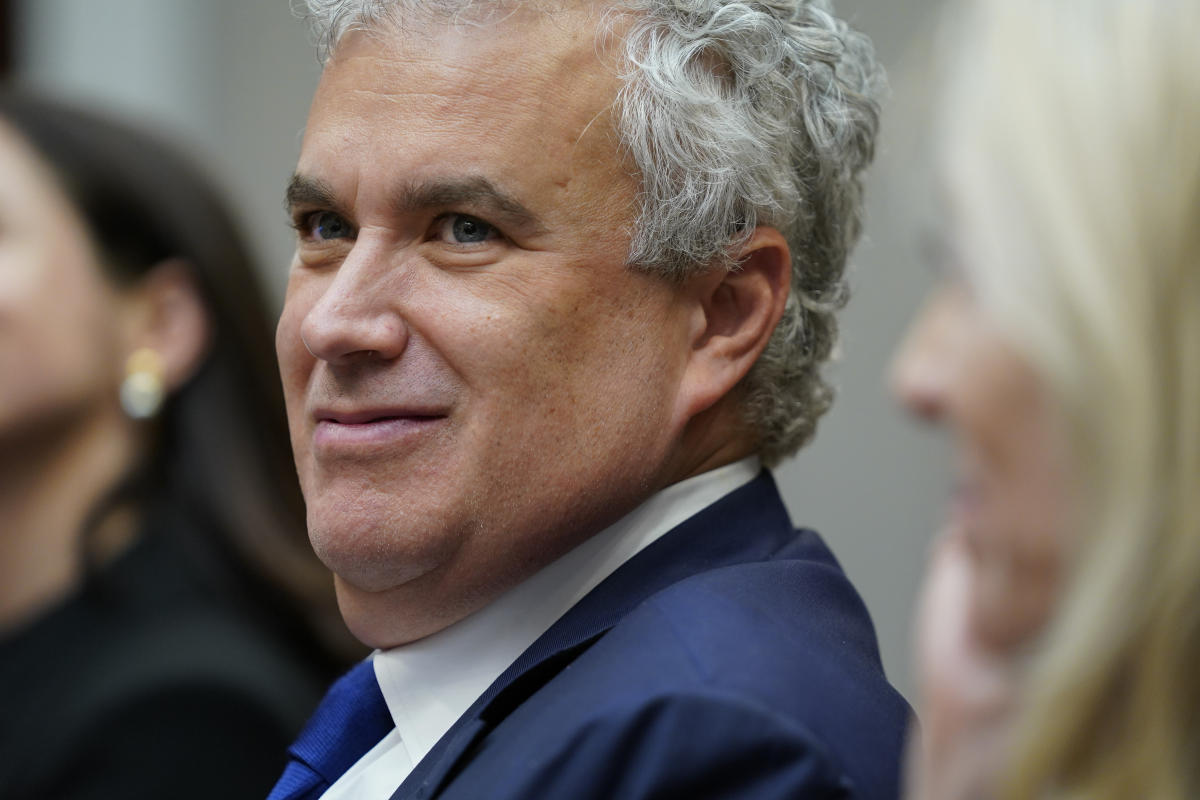In the weeks since Hamas attacked Israel on Oct. 7, a handful of Western leaders have visited the Middle Eastern country to offer support amid the reignited conflict between Israelis and Palestinians.
The one exception? Canadian Prime Minister Justin Trudeau.
Trudeau’s absence in Israel is not indicative of a lack of support from Canada. The prime minister issued a statement the day after the attack and has since spoken with Israeli President Isaac Herzog, with an accompanying meeting summary affirming “the need for Israel to defend itself in accordance with international law.”
But analysts say Trudeau has taken a more cautious approach to the war in the Middle East than his Western peers – perhaps a reflection of recent polling which shows his citizens are divided on the conflict and Canada’s support for Israel.
The survey findings from Pallas Data, a Toronto-based market research firm, show that 41% of a sample of nearly 1,500 Canadian adults either somewhat or strongly disagree with the statement, “Canada should support Israel in its armed conflict against Hamas.” The poll found that younger Canadians aged 18-34 disagreed even more strongly than older respondents. On the other hand, 38% of respondents at least somewhat agreed with the statement.
War in Israel and Gaza
“It shows that there’s no consensus among Canadians about the way forward,” says Cristine de Clercy, an expert in political leadership at Trent University in Peterborough, Ontario.
That lack of agreement extends to Canadian leadership, where the prime minister and his team have yet to take a firm stance on the conflict, experts say. Trudeau recently met with opposition party representatives to discuss the war and the humanitarian situation in Gaza, where Palestinians are suffering amid frequent Israeli airstrikes and a lack of access to basic needs due to a tightened blockade from Israel. Jagmeet Singh, the leader of the New Democratic Party, a progressive party which has an agreement with Trudeau’s Liberal Party, has urged the Canadian government to call for a ceasefire in the Middle East, but administration officials have instead called for humanitarian “pauses” to allow for aid into the Gaza Strip – echoing a growing chorus of leaders, including Biden, who have done so.
“It is important to allow food, fuel and water in Gaza,” Mélanie Joly, Canada’s minister of foreign affairs, said in a Oct. 30 speech at the Economic Club of Canada. “And Canada will be reaching out to more countries to join in that call.”
While Canada has generally been following the lead of its allies in response to the war, Trudeau himself has been “a little quieter” and “trying to walk the line on this,” says Christopher Sands, director of the Canada Institute at the Wilson Center, a U.S.-based nonpartisan policy forum for global issues. Recently, the prime minister made an unannounced visit to a Toronto-area mosque, according to reporting by CBC.
“There’s really no safe domestic position to take on it that’s not going to outrage somebody,” adds Aaron Ettinger, an associate professor specializing in international relations at Carleton University in Ottawa. “Justin Trudeau has sort of shied away from the spotlight. It’s Mélanie Joly that made that speech at the Economic Club. Trudeau has been out there – he made an address to Parliament and he can’t escape the cameras – but for the most part, he has not been nearly as out front, as he was, say, with Ukraine in 2022.”
Canada has long tried to “strike a balance” in the Israel-Palestinian conflict, Sands says. A Gallup poll from nearly two decades ago found that Canadians were about evenly divided in terms of their sympathies for Israelies and Palestinians, with Israelis gaining an edge by a few percentage points.
Analysts say these balanced views are due at least in part to Canada’s multicultural identity. Nearly 1.8 million Canadians practiced Islam in 2021 – making it the second-most commonly reported religion in the country, according to government data. The share of the Muslim population also more than doubled from 2001 (2.0%) to 2021 (4.9%). Meanwhile, 335,000 people reported being Jewish in 2021, and that number increased only slightly over 20 years.
“Like the United States, Canada is a federation,” de Clercy, of Trent University, says. “And most countries that are federations have very heterogenous, diverse, complex internal populations. And so I think, like Mr. Biden, Mr. Trudeau has sought to lead Canadians through this conflict – and through much of the pain and emotion that is associated with the loss of life – in a way that brings citizens of a very diverse country forward together.”
Ettinger says Canadian officials have taken an “uncontroversial middle ground” regarding the Israel-Hamas war. He notes that Joly has traveled around the Middle East throughout October and has really focused her efforts on getting Canadians out of the “danger zone,” which she highlighted during her Oct. 30 speech.
“That’s about all that [Canada’s foreign ministry] can do right now,” Ettinger adds, referring to the government’s lack of influence on the outcome of the conflict. “That’s not exactly what a country that claims to punch above its weight does.”
Canada’s role in the world is at the center of an active debate in the country where Canadians are frustrated that their voice “has not been much heeded” internationally, Sands adds, noting that Canada has made drastic cuts to its defense spending. He says the prime minister’s instincts on international relations “have always been a bit weaker” than on the domestic policy side.
“I have a feeling,” he says, “that the long-range or the medium-term consequence of this is just another conflict in which Canada may have a view, but nobody cares.”
Signup bonus from





